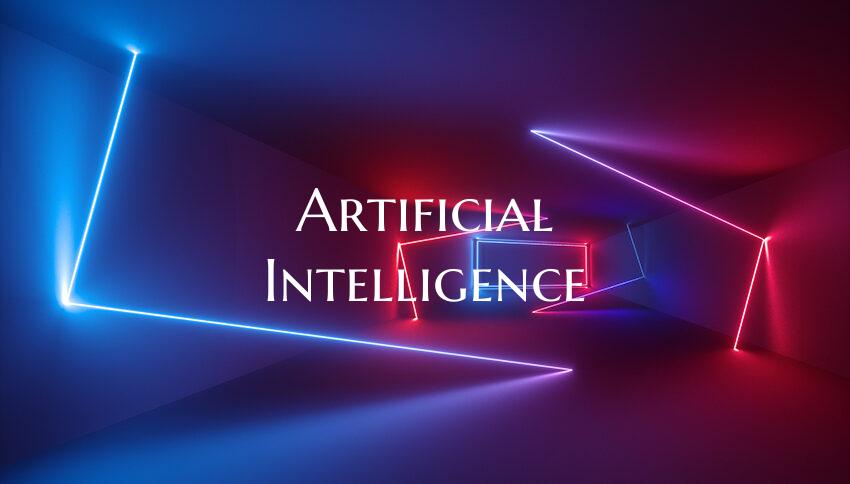Artificial Intelligence
Introduction: Artificial intelligence (AI) has been a topic of fascination and intrigue, promising to revolutionize various aspects of our lives. From self-driving cars to virtual assistants, AI is gradually becoming increasingly integrated into everyday technologies. As we continue to push the boundaries of what AI can achieve, the implications and impact of this advanced technology are both exciting and thought-provoking.
The Evolution of AI: The concept of AI dates back to ancient times, but it wasn't until the mid-20th century that significant progress was made in creating machines that could simulate human intelligence. Over the years, advancements in computing power and algorithms have propelled AI to new heights, enabling machines to learn, reason, and make decisions autonomously.
Applications of AI: AI technologies are being applied across a wide range of industries, from healthcare to finance and transportation. In healthcare, AI is being used to assist in diagnosing diseases, predicting patient outcomes, and even developing personalized treatment plans. In the financial sector, AI-powered algorithms are transforming the way investments are made, with predictive analytics and algorithmic trading gaining popularity. In transportation, self-driving vehicles are a prime example of AI in action, aiming to enhance road safety and reduce accidents.
Ethical Considerations: As AI continues to evolve, ethical considerations surrounding its use become more important. Questions regarding data privacy, algorithmic biases, and the impact on employment are just some of the concerns that need to be addressed. Striking a balance between innovation and ethical responsibility will be crucial in ensuring that AI technologies are deployed for the greater good.
The Future of AI: Looking ahead, the future of AI holds immense possibilities. Advancements in machine learning, natural language processing, and deep learning are driving innovation in AI systems. From improving customer service through chatbots to enhancing precision medicine through AI-driven diagnostics, the potential for AI to transform industries and improve lives is vast.
In conclusion, artificial intelligence is reshaping the way we work, live, and interact with technology. As we continue to explore the capabilities of AI, it is essential to approach its development and deployment with caution and foresight. By harnessing the power of AI responsibly, we can unlock its full potential to create a better, more efficient future for all.

